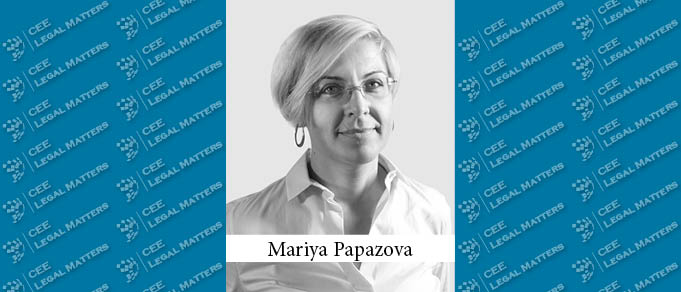On 30 November 2023 Bulgarian Commission for Protection of Competition (the “CPC”) finally published draft of new decision on group exemption of certain categories of agreements, decisions and concerted practices with effect on national markets (the ”Draft”), such as: vertical agreements and practices, agreements and practices in the motor vehicle sector, specialisation and R&D agreements and practices as well as agreements for transfer of technologies, from the ban under article 15 (1) of the Competition Protection Act (the “CPA”). The latter reflects article 101 (1) of the TFEU.
The previous CPC block exemption decision expired on 31 Mary 2023 (the “Old CPC Decision”). In latter CPC referred directly to the exemption conditions provided by the respective EC block exemption regulations. Since EC regulations expired in 2022 and 2023 and were substituted by new once, until entry into force of new CPC block exemption decision there is legal uncertainty for the above said categories of agreements and concerted practices with effect on national markets.
According to the Draft CPC takes the same approach for block exemption decision as in the Old CPC Decision. CPC intends to refer again to the exemption conditions provided in the new EC block exemption regulations for the respective categories of agreements and concerted practices. The main arguments of the CPC for this approach is that the ban under article 15 (1) of the CPA copies the one under article 101 (1) of the TFEU as well as the general exemption conditions under article 17 (1) of the CPA copy the conditions under article 101 (3) of the TFEU. As per the CPC this approach ensures reciprocity of the Bulgarian competition legal framework with the European one.
CPC will apply the EC block exemption regulations’ conditions within the same time frame as set by the respective EC regulations.
In the Draft CPC explicitly underlines that the market positions of the parties to the said categories of agreements and concentred practices is important. When the market shares are under certain levels and the agreements and concerted practice do not contain hardcore restrictions of competition (e.g. fixed prices, allocation of markets or costumers, production restriction, etc.), the agreements and practices may improve the production (or distribution) of goods, the provision of services or the technical or economic progress while providing consumers with a fair share of the benefits. CPC does not exclude that when the markets shares of the each or one of the parties exceed the set thresholds the agreement or practice might be exempted under the general conditions under article 17 (1) of the CPA. CPC recalls that some restrictions, the so-called hardcore restrictions, cannot be exempted regardless of the market shares of the parties, while some restrictions can be exempted only if they meet certain specific conditions. However, CPC refers to the respective EC block exemption regulations for all the specifics, such as: market shares for exemption from the ban under article 15 (1) of the CPA, definition of the hardcore restrictions of the competition, specific conditions for exemption of certain restrictions.
In the Draft it is explicitly said that the undertakings can apply the guidelines adopted by the European Commission for the relevant categories of agreements by conducting individual assessment, considering the specifics of the national market and the provisions of the CPC block exemption decision.
The Draft provides for transitional period for vertical agreements and practices from 1 June 2023 until three months after publication of the decision in the State Gazette. For intended transitional periods for the specialisation and R&D agreements and practices are from 1 July 2023 until 30 June 2025.
Until the end of 2023 the Draft was subject of public consultations. The consultations procedure is closed without any additional statements and opinions from the public. This is why, it is expected CPC to adopt the Draft without significant changes. No information is provided when the decision will be adopted. However, it shall be published in the State Gazette to entry into force.
By Mariya Papazova, Partner, PPG Lawyers




